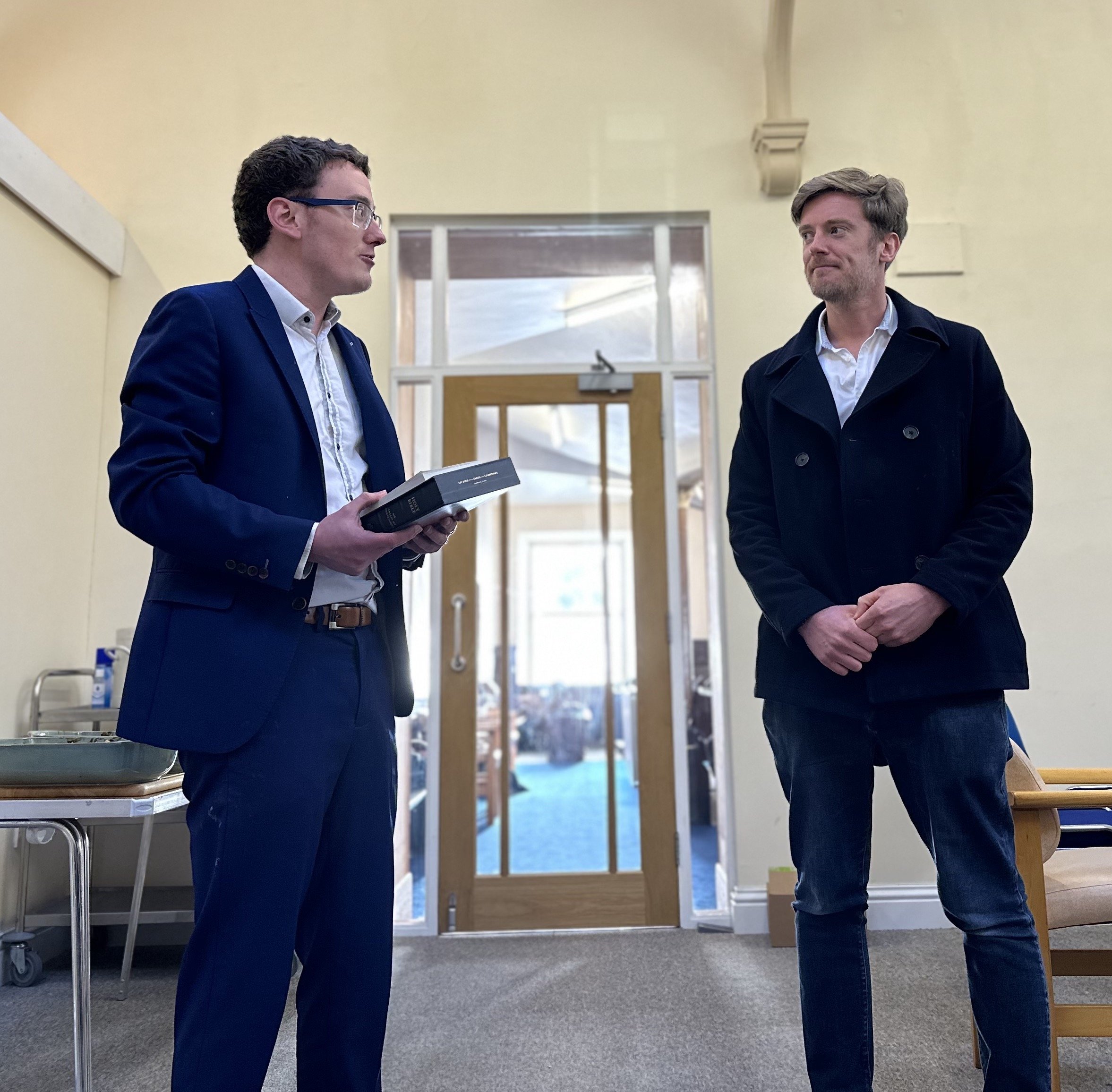This week has seen the first matches of an unusual, mid-season, World Cup – very controversially hosted in Qatar. We’ve heard a lot about Qatar’s ban on homosexuality, a little bit about the 6,500 migrant workers who have died in Qatar since they were awarded hosting rights in 2011, and nothing about Qatar’s Christian population who are facing increasing violence and forced shutdowns of their churches. According to the organisation Open Doors, Qatar is the 18th most dangerous country in the world to be a Christian – having jumped 11 places in the last year. For a Qatari man or woman to convert to Christianity, in a country where conversion from Islam is not recognised, takes real conviction – far removed from the virtue signalling of wearing armbands until threatened with a yellow card.
But amidst all the controversy, one story worth highlighting is that of Liverpool forward Roberto Firmino. The 31-year-old won’t be in Qatar, having unexpectedly failed to make the Brazil squad. Earlier this month he shared his disappointment on Instagram: ‘Yesterday things didn't go the way I imagined or dreamed for my life but I can look back and have a grateful heart to God that he has already allowed me to live that dream’.
Disappointment is something that we’ve all felt. Children know the disappointment of not getting what they want for Christmas. Many of us who are older know all too well the pain of crushed dreams, unfulfilled ambitions, and longings long-since given up on. We can all identify with Firmino in hoping for something that never comes to fruition.
But although we often think of disappointment as not getting what we want, there’s another kind of disappointment too – the disappointment of getting exactly what you want, but still feeling empty. That’s a disappointment that we can often feel at Christmas time. Perhaps all the places around the table are filled, the dinner comes together perfectly, but the whole experience still somehow falls short of our hopes.
That’s the kind of disappointment that Rugby World Cup winner Jonny Wilkinson experienced after scoring the winning drop goal against Australia in the last minute of extra time. It was what he had been longing for his whole life, and yet here’s his honest take on how it felt to achieve his dream: ‘I had already begun to feel the elation slipping away from me during the lap of honour around the field. I couldn’t believe that all the effort was losing its worth so soon. This was something I had fantasized about achieving since I was a child…I’d just achieved my greatest ambition and it felt a bit empty’
That disappointment which Wilkinson experienced – of getting exactly what you want but still being left empty – is surely the worst disappointment of all. If you’re disappointed at not getting what you want, then you can hold on to the hope, however slight, that you might still get it. But if someone gets what they’ve always wanted, and they’re still left feeling empty, then they often don’t know where to go from there. Their whole way of looking at the world is shaken.
For the Christian, however, disappointment in whatever form it takes doesn’t have to crush us. As Firmino was able to say: ‘I stay here confident that God has the best for me’. He quoted from the Biblical book of Isaiah: ‘You keep him in perfect peace whose mind is stayed on you, because he trusts in you’. He also quoted well-known words from the book of Jeremiah, which say: ‘For I know the plans I have for you, declares the Lord, plans to prosper you and not to harm you, plans to give you a hope and a future’.
In fact, many have come to see that the second type of disappointment as a blessing. If we get what we’ve always wanted and it still leaves us unfulfilled, surely that disappointment is telling us that we were made for something bigger than this world can give us. A happy marriage, a loving family, career success, the perfect holiday – none can bear the weight of all our hopes and dreams – because only God can. In fact, putting the weight of those hopes and dreams on another human being can crush them – because only God can bear that weight.
Firmino ended his Instagram post with the hashtag ‘Jesus is Enough’. Only when we can say the same will we truly be able to deal with disappointment.








